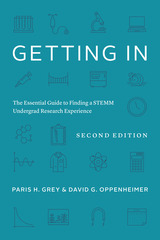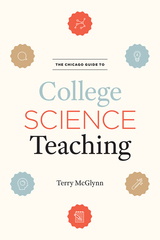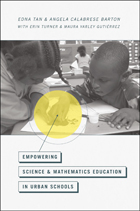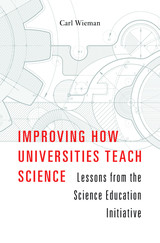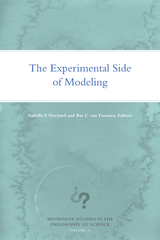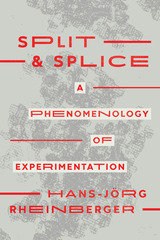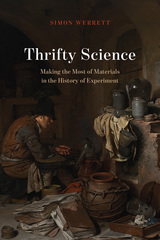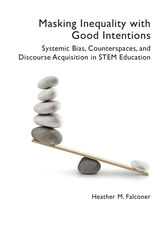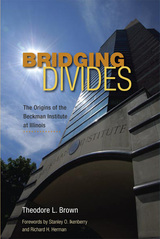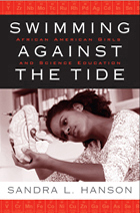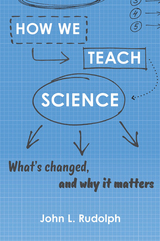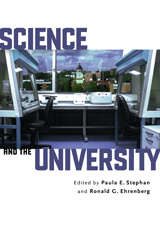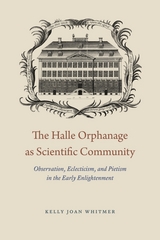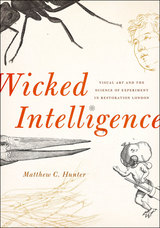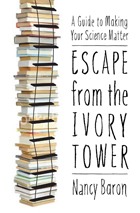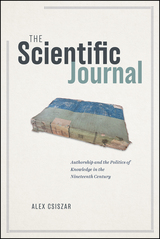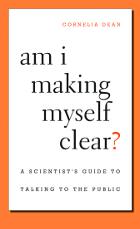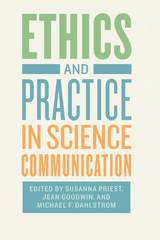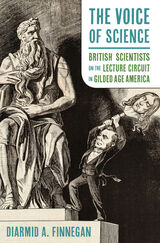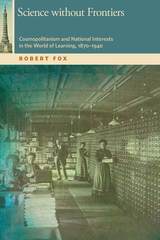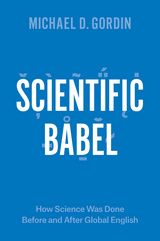Science and the University
University of Wisconsin Press, 2007
Cloth: 978-0-299-22480-6 | eISBN: 978-0-299-22483-7
Library of Congress Classification Q183.3.A1S3515 2007
Dewey Decimal Classification 507.073
Cloth: 978-0-299-22480-6 | eISBN: 978-0-299-22483-7
Library of Congress Classification Q183.3.A1S3515 2007
Dewey Decimal Classification 507.073
ABOUT THIS BOOK | AUTHOR BIOGRAPHY | REVIEWS | TOC | REQUEST ACCESSIBLE FILE
ABOUT THIS BOOK
Science and the University investigates the tremendous changes that have taken place in university research over the past several decades, gauging the current state of research in higher education and examining issues and challenges crucial to its future. Scientific research increasingly dominates the aims and agendas of many American universities, and this proliferation—and changes in the way research is conducted—has given rise to important questions about the interrelations of higher education, funding for scientific research, and government policy. The cost of doing science, the commercialization of university research, the changing composition and number of Ph.D. students, the effect of scientific research on other university programs—these are just a few of the many issues explored in this volume from the vantage points of scholars in such diverse fields as economics, biochemistry, genetics, and labor studies.
See other books on: Educational Policy & Reform | Finance | Study & Teaching | Universities and colleges | University
See other titles from University of Wisconsin Press

